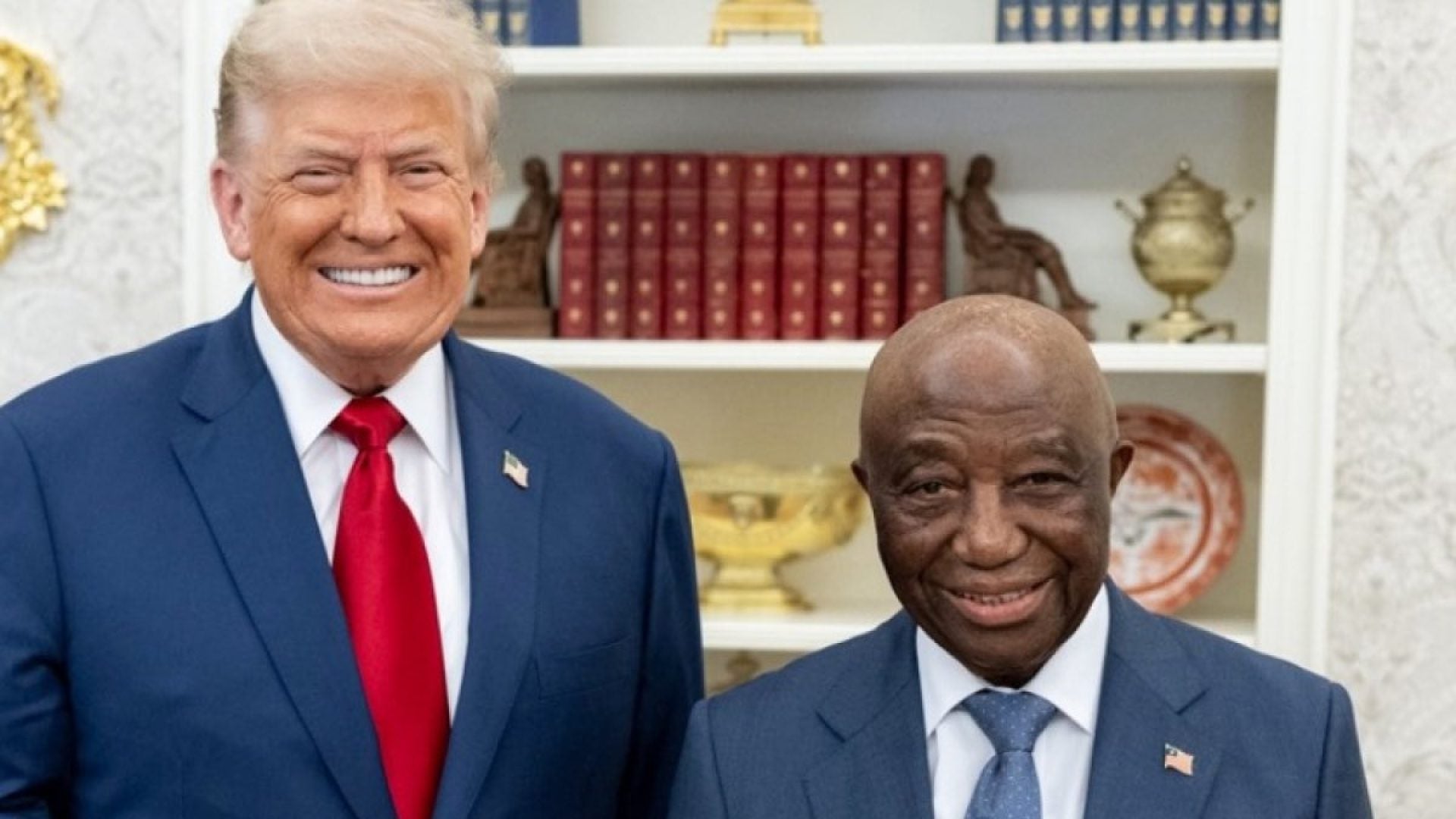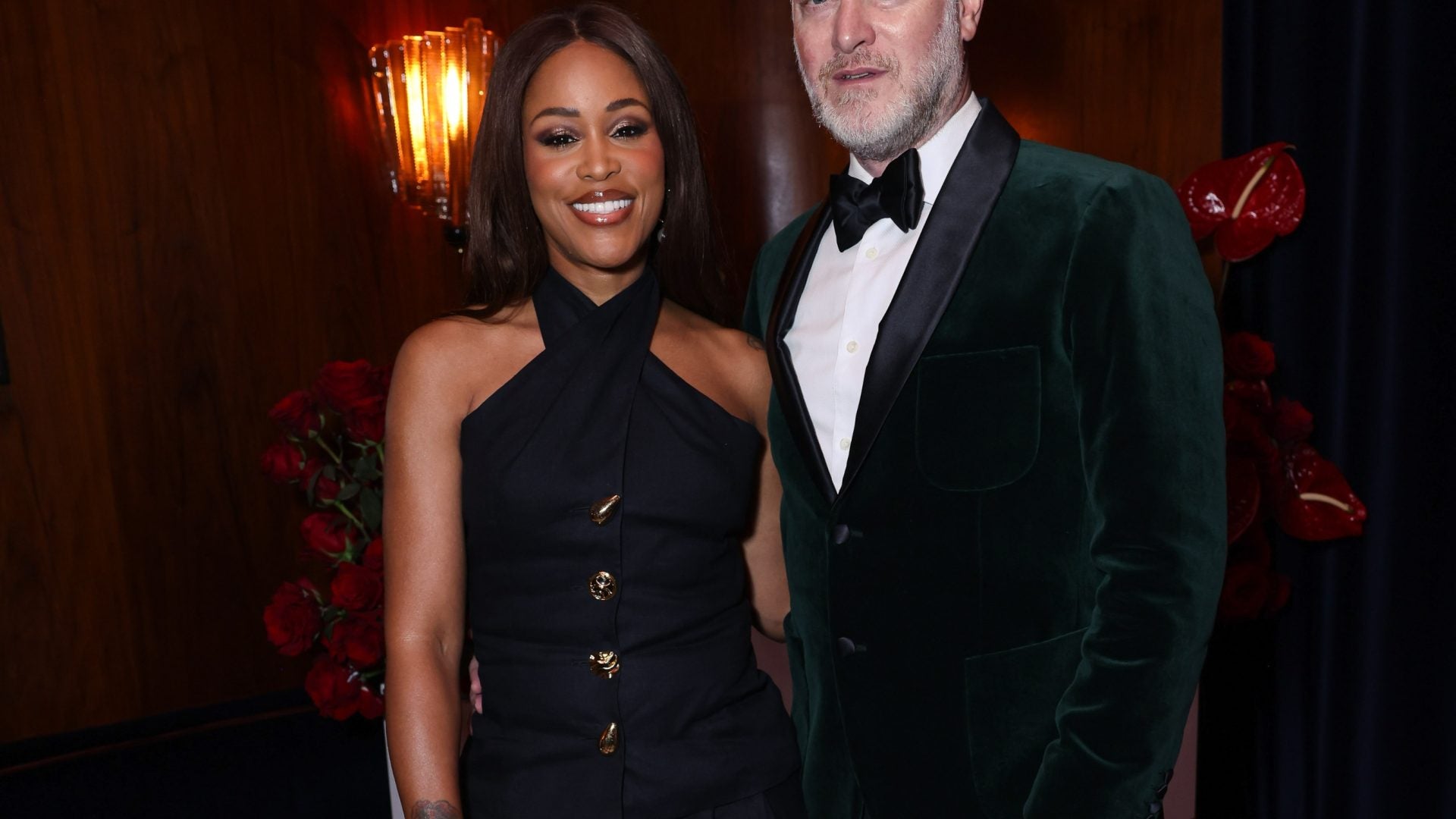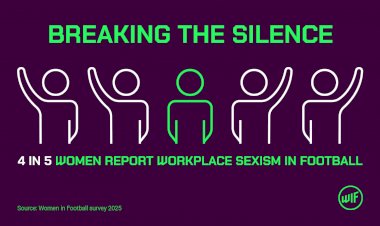Sis, Let’s Talk About Money: The New Rules Of Engagement For Friendship And Finances
We’ve all heard the warning: never mix money and friendship. But the truth is, thankfully, more nuanced. A Bankrate survey found that while a third said borrowing or lending hurt […] The post Sis, Let’s Talk About Money: The New Rules Of Engagement For Friendship And Finances appeared first on Essence.

 Two happy female friends are looking inside shopping bags at the mall, holding reusable coffee cups and having fun
Two happy female friends are looking inside shopping bags at the mall, holding reusable coffee cups and having fun We’ve all heard the warning: never mix money and friendship. But the truth is, thankfully, more nuanced. A Bankrate survey found that while a third said borrowing or lending hurt their relationships, two-thirds —the majority—said it didn’t.
This means money doesn’t always ruin friendships —and in some instances, it may strengthen them.
That’s good news — but it also makes you wonder: what’s the secret sauce behind friendships that get stronger when money’s on the table? “What separates friendships that failed when money was involved from those that flourished is often the level of financial intimacy established in each,” says financial behaviorist Jacquette M. Timmons.
Financial intimacy in friendship? How Sway?Financial intimacy is the act of sharing your beliefs, thoughts, and feelings about money with someone else. It requires trust and a willingness to be open — even when the conversation is uncomfortable.
This level of intimacy is chiefly reserved for romantic partners and spouses — partnerships where sharing finances is essential to the relationship. “With a spouse, your finances naturally overlap in ways they wouldn’t with a friend,” says Dr. Amber Wright, communications expert and CEO of Words Well Said. “That overlap demands deeper trust and communication, because your decisions affect more than just yourself.”
Developing financial intimacy with friends is lower stakes than with a romantic partner, but that shouldn’t discount its importance. In fact, the lower-stakes nature makes exploring financial intimacy within friendships a plus. With less pressure, friendships provide the opportunity to develop and try out new financial ways of thinking and behaving.
Financial intimacy starts with you.But it begins with self-awareness. “Before you can cultivate financial intimacy with someone you have to first cultivate that within yourself,” says Timmons.
Start by getting clear about your relationship with money and gaining a better understanding of your spending profile. Here are some questions to explore:
What does money symbolize to you (security, freedom, love)?
What’s your stance on lending, co-signing and borrowing money?
Where do you see yourself in one, five or ten years and how does money factor into that picture?
How much are you willing to disclose about your income, net worth, budget and/or property value?
What money topics are absolutely off-limits for discussion?
What past money mistakes have you made and what have you learned from them?
Reflecting on money questions like these will give you a starting point for conversations, and offer clarity around expectations and boundaries when friends broach money-related topics or request money-related favors.
It also helps you own your money blind spots. “You want to make sure you’re not projecting your money issues or allowing your money past to influence how you interact with your friends and money,” Timmons says.
Check your ‘inner cabinet.’
Once you’re confident about where you stand with respect to your money beliefs and philosophies, the next step is to assess with whom you can share financial intimacy.
For most of us, it’s a no-brainer. Timmons recommends you start with those in your ‘inner cabinet’ or individuals who have proven to be trustworthy in other areas of your friendship. Speaking candidly with them about money may be the next natural step for the relationship.
Getting the conversation started, however, can be a challenge even among the closest of friends. Wright suggests easing in with a simple ask, like: “I’d love your input on a financial matter” or “Are you open to talking about money-related topics?” These quick questions test the waters.
You can then aim to strengthen financial intimacy where it makes sense. Wright and Timmons agree that this process requires equal parts responsiveness, acceptance and flexibility along the way:
Allow intimacy to grow naturally. If you notice a friend that has no interest in setting money goals, discussing money matters or sharing resources around wealth, then don’t force it. Timmons maintains not all friendships are primed for this and that’s ok. You may actually feel more comfortable discussing money matters with colleagues you trust. Consider your work spouse or office buddy for these conversations.
Normalize conversations about budget before social outings. The older we get, the more complicated and complex our financial realities become. Factoring in student loans, layoffs, mortgages or childcare signals that you’re in-tune with your friends’ potential financial responsibilities. This makes it easier for everyone to plan for costs, bow out gracefully, or provide an alternative.
Establish clear boundaries early.Conversations about co-mingling finances have to be clear. Set expectations before situations arise: What’s your policy on borrowing and lending? Would you co-sign loans? What would going into business together look like financially? Clear boundaries upfront prevent misunderstandings — and resentment — later.
Check for confidentiality. Depending on the friendship, expectations around confidentiality aren’t always clear. “It’s best to double-check that your friend is okay with you sharing private things they’ve told you,” Wright explains. “Without that confirmation, divulging personal details can be a deal-breaker — and a clear sign that financial trust has been broken.”
Shifting how we see our friendships in relation to money can be a game changer. Financial intimacy makes room for honesty, respect, and growth — in both your wallet and your relationships. In the end, the real wealth is not just in dollars, but in the friendships that can weather them.
Kara Stevens is founder of The Frugal Feminista and author of heal your relationship with money and Unmasking the Strong Black Woman.
The post Sis, Let’s Talk About Money: The New Rules Of Engagement For Friendship And Finances appeared first on Essence.

























